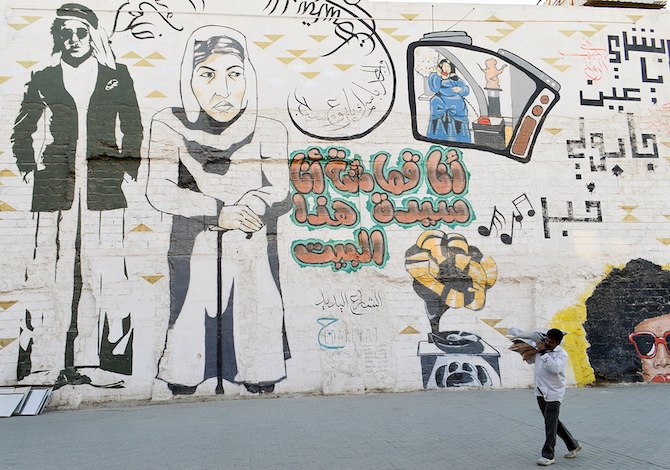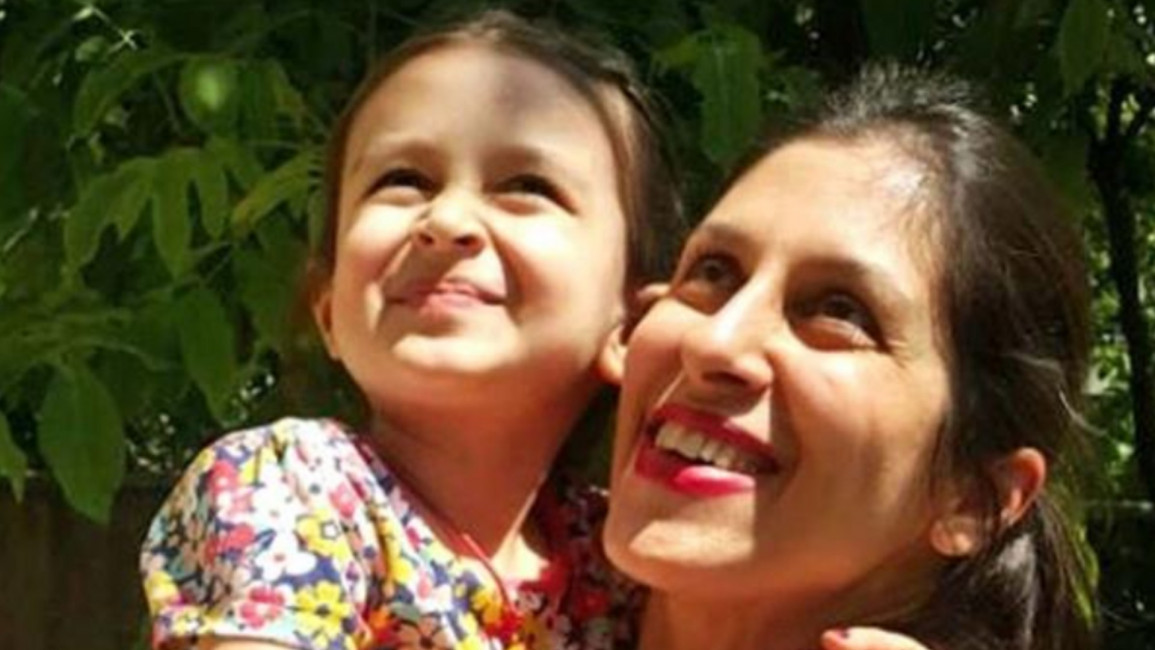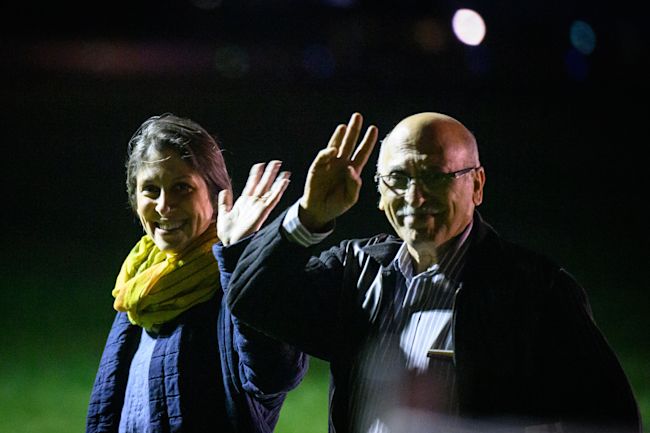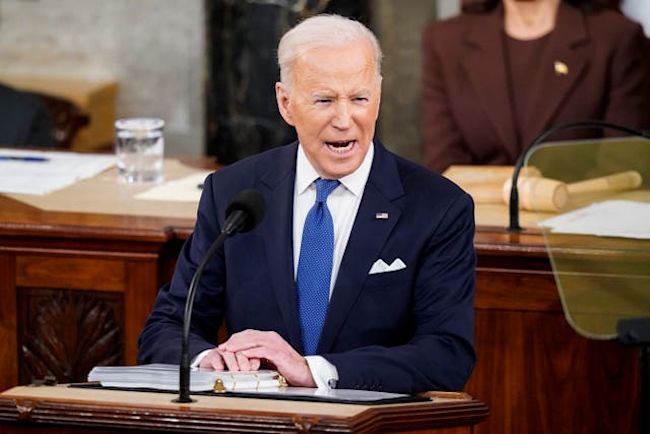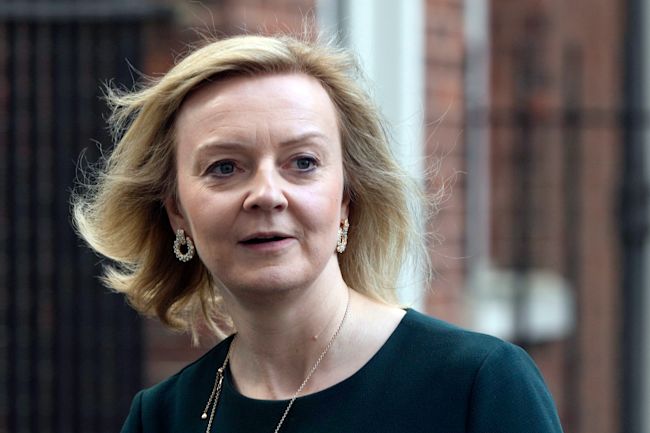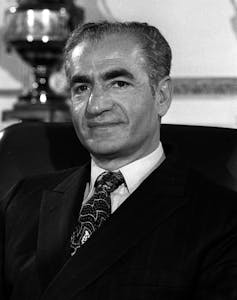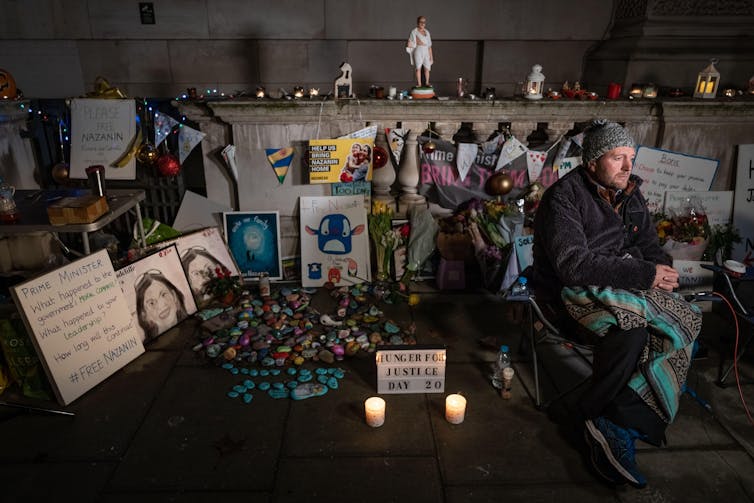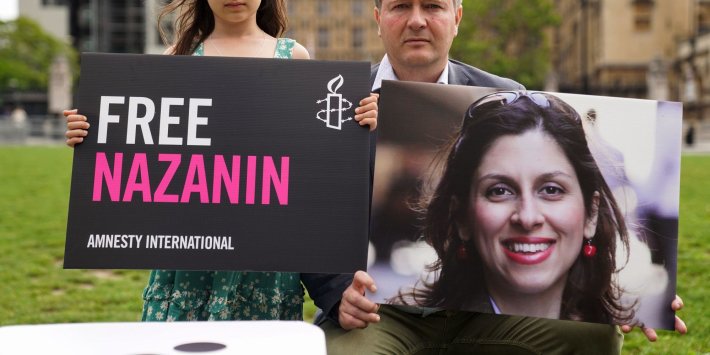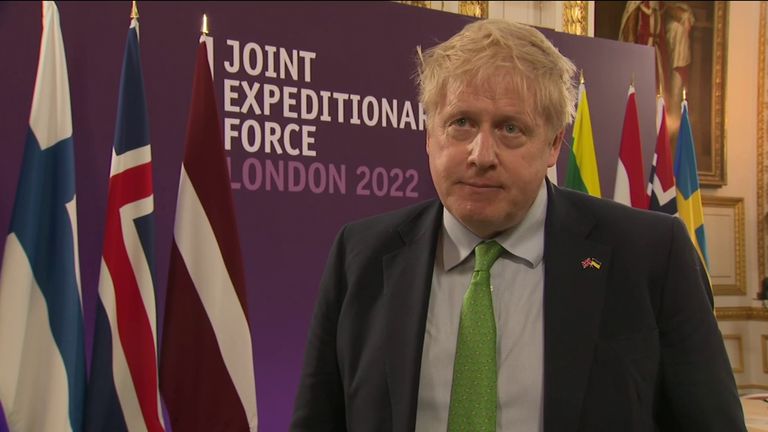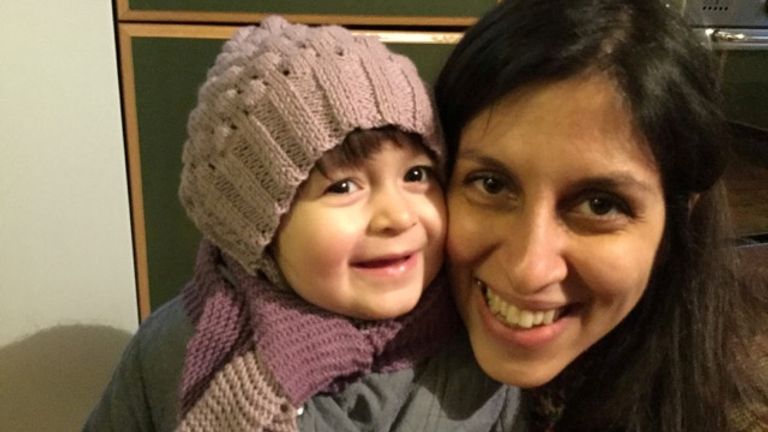On The Fate Of Julian Assange
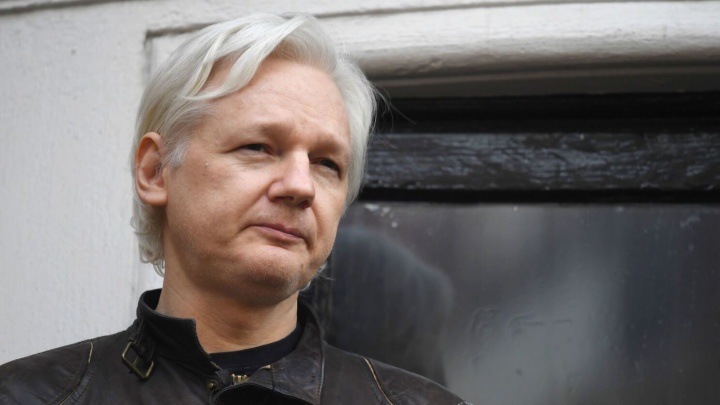
Has swapping Scott Morrison for Anthony Albanese made any discernible difference to Australia’s relations with the US, China, the Pacific and New Zealand ? Not so far. For example: Albanese has asked for more time to “consider” his response to New Zealand’s long running complaints about the so called “501” deportations back to this country. Really? He needs more time to figure out a response? OK, but the clock is ticking.
The Julian Assange situation is a lot more urgent. Assange’s deportation to the United States has now been okayed by the British courts and also - crucially – by its government. At any moment, Assange could be on a plane and headed for a US prison. He is facing the prospect of 175 years in jail.
And what is Albanese doing to stop an Australian citizen from being railroaded for life into a foreign jail - as his punishment for alerting the world to US war crimes? Pathetically, Albanese has been saying that he won’t be rushed into carrying out “megaphone” diplomacy when it comes to interceding with the US on behalf of Assange. A megaphone? Hardly. Over the past ten years successive Australian governments haven’t said a critical word in public about the persecution of Assange, or pressed his case in Washington, or argued that he shouldn’t be being prosecuted at all, and certainly not by a US kangaroo court.
At this late hour, surely the time for “quiet diplomacy” is over. Albanese should be banging the table, and protesting the injustice of treating an Aussie citizen so outrageously – as he would be doing if anyone else but the US was the jailer.
After all, it would be uncontroversial for Albanese to be pointing out that Chelsea Manning (who forwarded the sensitive material at issue to Wikileaks) received a presidential pardon in 2015 from an Obama administration in which Joseph Biden was then serving as vice-President. The obvious double standard would suggest that the real motive behind the treatment of Assange is to intimidate the media into silence.
At the time though, the Obama administration was savvy enough to realise that charging Assange would re-open the can of worms about what the US had been up to around the world. Potentially, it could also mean prosecuting major US news organizations for publishing similar material and – if so - their constitutionally protected free speech rights would almost certainly torpedo any such cases brought to trial.
This fear of setting some kind of precedent about media censorship is still Assange’s best hope of freedom. If Albanese could ever pluck up enough courage to ask, Biden could package any release deal for Assange – who has already been severely punished - as a gesture of gratitude to Australia, for its years of dutiful service to the United States.
Maybe that’s how things will eventually pan out. Yet currently, the risk remains too great. All along, complacency has been allowed to prevail. For years, it was blithely assumed that Assange was exaggerating the risk of him being extradited to the United States. Yet now, that’s where we are.
If ever there was a time for megaphone diplomacy (and for the belated display of a backbone by Australia) then this is it. No doubt, Albanese should be using whatever diplomatic back channels are available to him. Yet that shouldn’t be stopping him from going public and defending the principles (press freedom, public interest journalism etc etc) that are at stake here.
Boris Johnson also used to claim that his ‘softly softly’ approach was the best way to handle the case of Nazanin Zaghari-Ratcliffe, the British citizen left to rot for years in an Iranian prison. But all that the alleged quiet diplomacy did was to prolong her imprisonment, while concealing the failings of previous British governments that had contributed to her incarceration. Once it becomes inaudible, quiet diplomacy looks more like a signal that don’t worry, we won’t be rocking the boat.
Assange and the public interest
Assange’s alleged “crime” was to publish on Wikileaks a trove of documents and cables obtained by Chelsea Manning, a US soldier stationed in Iraq. The material included evidence of war crimes committed by US forces in Iraq and Afghanistan. The diplomatic cables contained hundreds of examples of US diplomats being engaged in clandestine activities without the knowledge or consent of the public at home, or in the countries affected. The public interest served by revealing such activities should be obvious. Revealing the atrocities, lies and deceptions of the powerful is what journalism exists to do, in a free society.
Uniquely though, Assange has been prosecuted for doing so, as the American Civil Liberties Union pointed out in 2019:
For the first time in the history of our country, the government has brought criminal charges under the Espionage Act against a publisher for the publication of truthful information. This is a direct assault on the First Amendment.
The Columbia Journalism Review made the same point more than a year ago:
…This case is nothing less than the first time in American history that the US government has sought to prosecute the act of publishing state secrets, something that national security reporters do with some regularity. While many of the charges [contained in the Assange indictment] involve conspiracy or aiding and abetting, three counts are based on “pure publication”—the argument that Assange broke the law just by posting classified documents on the Internet.
And furthermore:
Read literally, the Espionage Act criminalizes the solicitation, receipt, and publication of any government secret, not just the names of informants. The Justice Department has long taken the position that it can prosecute the act of publishing classified information. But it has not done so, until now, because of concerns that it would open a Pandora’s box of media censorship.
With Assange, Pandora's box has now been opened. If he can be prosecuted for publishing leaked information – on the grounds it was “stolen” and because the disclosures (in the state’s opinion) damaged “national security” then any other journalist is at risk of the same fate for doing their job.
Now that the British government and courts have cleared a path for Assange to be extradited, the precedent cannot avoid having a chilling effect on any media investigations into government wrong-doing, given that the documents proving it will almost certainly belong to the state. The evidence will always have been “stolen” and “national security” is a conveniently elastic term.
Governments, of course, can always claim that what the public may be interested in isn’t always in their best interest to know. That’s why the Assanges of the world are so valuable, because they’re willing to take the risks involved in challenging the presumptions of the powerful. One doesn’t have to like Assange personally, to see the value of his work, and the injustice of his treatment.
Footnote One: One of the repeated red herrings in the Assange case is that he allegedly published unredacted data that put peoples’ lives at risk. As Jennifer Robinson, Assange’s legal adviser pointed out on RNZ years ago, no one has ever been able to point to anyone who has suffered harm from what Wikileaks published. Moreover:
“That material had already been published online by other publications as a result of a security breach by the Guardian newspaper. The decision by WikiLeaks to publish that material unredacted was because it was already circulating online.” Robinson [said]people need to be reminded of the importance of what WikiLeaks revealed, including the war crimes of US military shooting down journalists and civilians in Iraq – which had been covered up. The Iraq and Afghanistan war logs also showed civilian deaths far higher than originally thought and included evidence of torture and war crimes.
Carole Cadwalladr and the public interest
And now for the good news. In a different corner of the British justice system, the values of public interest journalism have recently been upheld in a crucial test case. Earlier this month, the British journalist Carole Cadwalladr won the libel case brought against her by British businessman Arron Banks.
Banks, a key funder of the Brexit Leave campaign, had sued Cadwalladr for claiming – both in a TED talk and in a tweet – that Banks had been lying about the extent of his dealings with the Russian state. The whole judgement is well worth reading – but its core conclusions are that (a) at the time of the TED talk, Cadwalladr had solid public interest grounds for what she said, and (b) once the public interest defence “fell away” in April 2020 (after the UK Electoral Commission found no campaign fundings laws had been broken) there was no evidence that Banks’ reputation had suffered subsequent harm.
Banks’ initial claim had been that his “sole” contact with the Russians had been “a boozy six-hour lunch.” This claim had been challenged by Cadwalladr, and the ruling by Justice Steyn painstakingly dissected the evidence that there were at least four such meetings. There could possibly have been more. The possibility of a quid pro quo from the Russians in terms of favourable business deals for Banks was also argued before the court.
Based on her investigation, Ms Cadwalladr had reasonable grounds to believe that (i) Mr Banks had been offered ‘sweetheart’ deals by the Russian government in the period running up to the EU referendum, although she had seen no evidence he had entered into any such deals; and (ii) Mr Banks’s financial affairs, and the source of his ability to make the biggest political donations in UK history, were opaque.”
[Justice] Steyn said Cadwalladr’s belief at the time of the Ted talk was bolstered by the fact that the Electoral Commission had announced it had reasonable grounds to suspect that Banks was not the true source of the £8m loans/donations to Leave.EU and that the National Crime Agency was investigating the matter.
Cadwalladr’s expressions of relief and her thoughts on the significance of her victory are available here. Others have weighed in on the importance of her triumph:
The Observer editor, Paul Webster, and the Guardian News & Media editor-in-chief, Katharine Viner, welcomed the verdict as “an important victory for free speech and public-interest reporting”, highlighting the online trolling, abuse and harassment Cadwalladr had faced. “We believe this case was an example of a powerful wealthy person targeting an individual journalist for their work,” they said. “Carole Cadwalladr’s victory in this case is an important step in defending the rights of journalists to report in the public interest.”
Fine. Now let's apply the same beliefs about the crucial importance of public interest journalism - and the same compassion – to the case of Julian Assange.
Footnote Two: This year has been a deadly one for journalism globally. Those killed while doing their work have included the leading Palestinian journalist Shireen Abu Akleh (murdered by the Israeli forces in occupied Palestine ) and the British journalist Dom Philips.
Philips, along with his expert adviser on indigenous affairs were murdered in a remote part of Brazil while he was investigating the extent of illegal fishing by poor fishermen (paid by international firms) within an Amazonian reserve supposedly set aside for indigenous tribes.
At last count, 22 other journalists have been killed in the course of their work since the beginning of January. Ten reporters have died while covering the war in Ukraine, and the rest were killed in countries ranging from Haiti, to Chad, Mexico, India, Myanmar and Chile.
